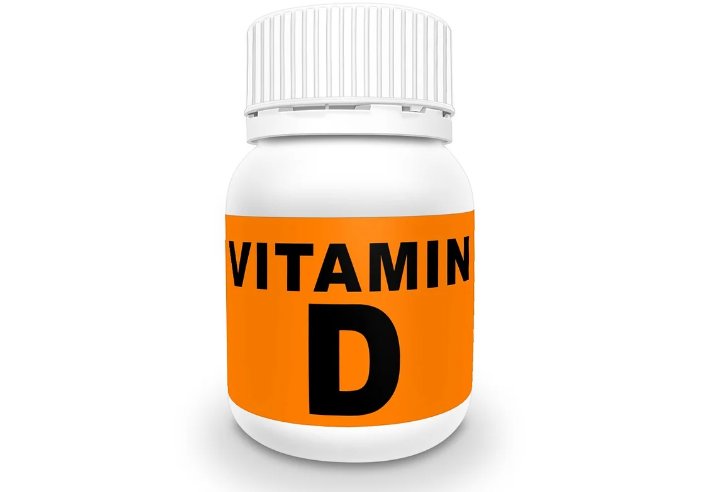The Importance of Vitamin D: Tips and Recommendations
Vitamin D is an essential nutrient that plays a crucial role in maintaining overall health and well-being. Often referred to as the "sunshine vitamin," vitamin D is unique because it can be synthesized by the body when the skin is exposed to sunlight. In addition to promoting healthy bones and teeth, vitamin D is involved in various bodily functions, including immune system regulation, mood regulation, and muscle function. In this comprehensive guide, we'll explore the importance of vitamin D, its sources, recommended intake, and tips for maintaining optimal levels.

Understanding Vitamin D
Role of Vitamin D in the Body
Vitamin D plays several key roles in the body, including:
Bone Health: Vitamin D is essential for calcium absorption, which is critical for maintaining strong and healthy bones. Adequate vitamin D levels help prevent conditions like osteoporosis and rickets.
Immune System Function: Vitamin D plays a crucial role in immune system regulation, helping the body fight off infections and diseases.
Mood Regulation: Some research suggests that vitamin D may play a role in mood regulation and may help reduce the risk of depression and other mood disorders.
Muscle Function: Vitamin D is involved in muscle function and may help improve muscle strength and coordination.
Sources of Vitamin D
Sunlight: The primary source of vitamin D is sunlight exposure. When the skin is exposed to sunlight, it produces vitamin D through a chemical reaction. Spending time outdoors, particularly during the midday hours, can help maintain adequate vitamin D levels.
Dietary Sources: While few foods naturally contain vitamin D, some foods are fortified with this nutrient, including fatty fish (such as salmon, mackerel, and sardines), egg yolks, fortified dairy products, and fortified cereals.
Supplements: Vitamin D supplements are available over-the-counter and can be taken to ensure adequate intake, especially for individuals who are at risk of deficiency or have limited sun exposure.
Recommended Intake and Considerations
Recommended Daily Allowance (RDA)
The recommended daily allowance (RDA) for vitamin D varies depending on factors such as age, sex, and health status. In general, the RDA for vitamin D is as follows:
Infants (0-12 months): 400-1,000 IU (10-25 mcg)
Children (1-18 years): 600-1,000 IU (15-25 mcg)
Adults (19-70 years): 600-800 IU (15-20 mcg)
Adults (over 70 years): 800-1,000 IU (20-25 mcg)
Considerations for Vitamin D Supplementation
Sun Exposure: Individuals who spend little time outdoors or live in areas with limited sunlight may benefit from vitamin D supplementation to maintain adequate levels.
Age: Older adults, infants, and children may have increased vitamin D needs and may require supplementation to meet their requirements.
Skin Tone: Individuals with darker skin tones may have reduced vitamin D synthesis from sunlight and may need higher doses of supplementation.
Medical Conditions: Certain medical conditions, such as malabsorption disorders, liver or kidney disease, and obesity, can affect vitamin D absorption and metabolism, necessitating supplementation under medical supervision.
Tips for Maintaining Optimal Vitamin D Levels
Get Sunlight Exposure: Aim for regular, moderate sun exposure to allow your skin to produce vitamin D naturally. Spend time outdoors during the midday hours when the sun's rays are most intense, but be mindful of sun safety and avoid prolonged exposure without protection.
Consume Vitamin D-Rich Foods: Include vitamin D-rich foods in your diet, such as fatty fish, egg yolks, fortified dairy products, and fortified cereals.
Consider Supplementation: If you're unable to meet your vitamin D needs through sunlight and diet alone, consider taking a vitamin D supplement to ensure adequate intake, especially during the winter months or if you have limited sun exposure.
Monitor Your Levels: If you're at risk of vitamin D deficiency or have concerns about your vitamin D status, consider getting your blood levels tested. This can help determine if supplementation is necessary and ensure you're maintaining optimal vitamin D levels.
By following these tips and recommendations, you can maintain optimal vitamin D levels and support overall health and well-being.
What's Your Reaction?





















